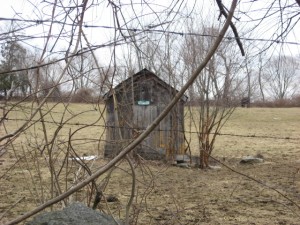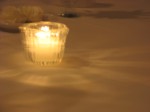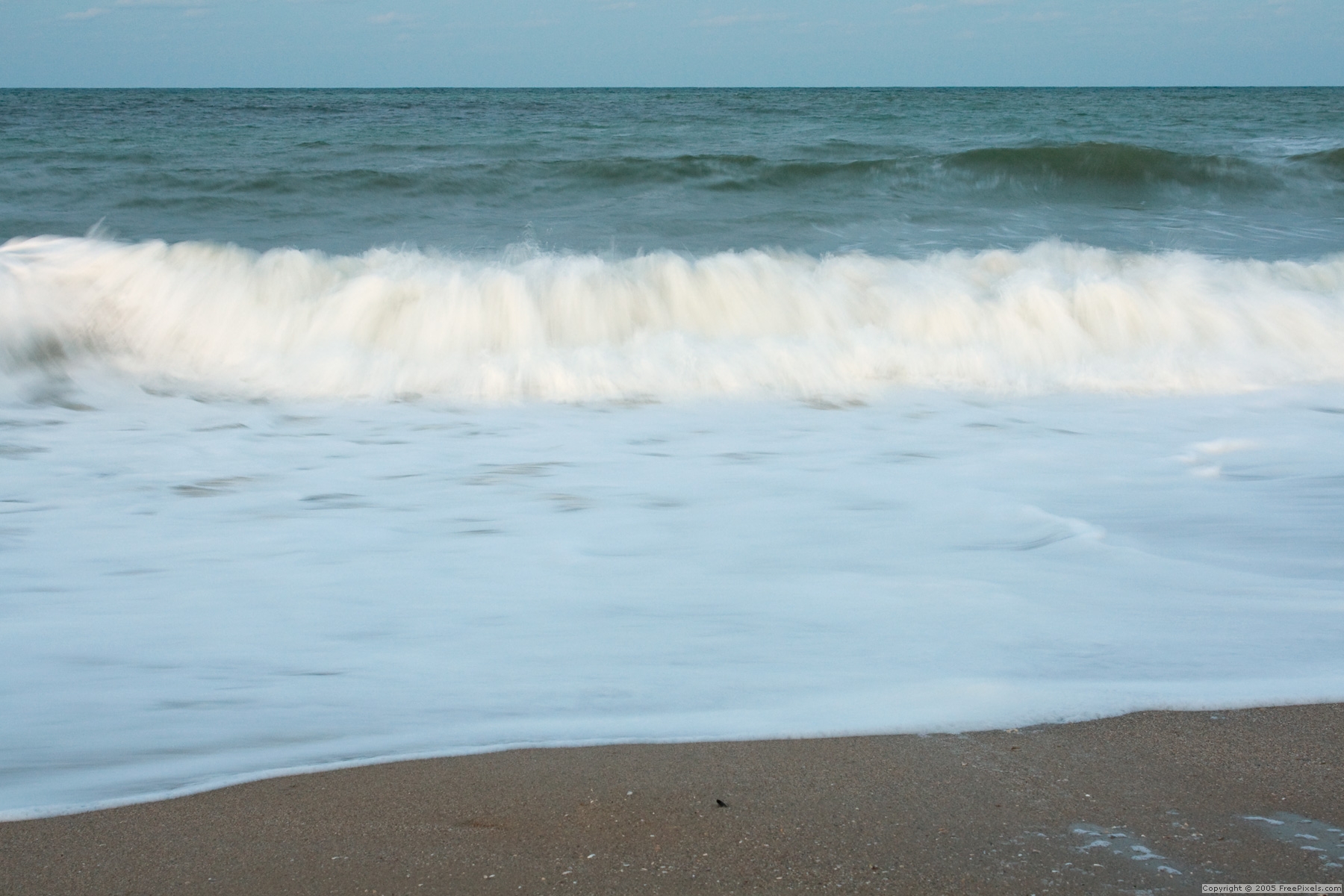THE LION IN THE CAVE
It’s been two months since I’ve entered the blogosphere; and I am so ready to be back.
Do you know Ecclesiastes 3:3 in the Bible? It is in the Hebrew Bible; what I know as the Old Testament. The book consists of maxims that reflect upon the meaning of life and the best way to live it. It tells of the hard times that are a part of life and the need to take your time moving through them. Actually the whole of chapter 3 is about the rhythm of life. Life’s timing, the wisdom of knowing and accepting fully how long each “time” takes. The specific verse 3 says, “There is a time to kill and a time to heal, a time to break down and a time to build up.”
 I am broken, but not dead. Just healing and building up. I needed to go into my “cave” and like the mighty lion after a bloody fight, lick my wounds. It hurts and it’s itchy and it’s generally not something we humans go out and look for.
I am broken, but not dead. Just healing and building up. I needed to go into my “cave” and like the mighty lion after a bloody fight, lick my wounds. It hurts and it’s itchy and it’s generally not something we humans go out and look for.
Yet like all crises, all catastrophes, there is God’s gifts of the silver lining. We are grateful for small things. A friend’s call, the morning cup of hot coffee (not to be underestimated), and the sense of connection with others who are currently suffering “the slings and arrows of outrageous fortune” all register. They are not disregarded; as they often times are when the world seems our oyster.
Suffering is, of course, universal, and cuts us down to size, whether we feel we need it or not. But when it happens often enough, or poignantly enough, we begin to let go any romantic attachment to drama. Drama as an addiction, as a predilection, becomes not only a luxury we can ill afford. It takes off its clothes and it exposes itself for what it really is: a childish, immature, and unimaginative way to engage with the moments given to you.
 There are lyrics to a song that has been mantra; it has made so much sense to me, it has given me strength, it’s almost like I wrote it. I guess you could say that I wish I wrote it. It’s by the Dixie Chicks. I know the Dixie Chicks and Ecclesiastes, huh? I warned you once or twice of my heretical leanings, so if you are still reading, here you go. The name of the song is Truth No. 2:
There are lyrics to a song that has been mantra; it has made so much sense to me, it has given me strength, it’s almost like I wrote it. I guess you could say that I wish I wrote it. It’s by the Dixie Chicks. I know the Dixie Chicks and Ecclesiastes, huh? I warned you once or twice of my heretical leanings, so if you are still reading, here you go. The name of the song is Truth No. 2:
You don’t like the sound of the truth, coming from my mouth. You say that I lack the proof. Well, maybe that might be so. I might get to the end of my life, find out everyone is lying. I don’t think that I’m afraid anymore. You see I’d rather die trying.
This time when he swung the bat and I found myself laying flat, I wondered. What a way to spend a dime, what a way to use the time. I looked at my reflection in the window walking past and I saw a stranger. Just so scared all the time make me one more reason why the world’s dangerous.
Tell my what’s wrong with having a little faith in what you’re feeling in your heart. Why must we be so afraid and always so far apart. 
The refrain is: “Sing my something brave from your mouth.”
That’s what I’m looking for right now. In everyone I meet, encounter, and I’m finding it. Bravery, to speak the truth and then live it. Go on.
By the way, don’t get me wrong, the irony is not lost on me. My words ring a bit melodramatic, even to me. But I have been thinking about them, even nuance of thoughts and events. And you know what? In this particular instance, they are not.
I’m not trying to be mysterious, just judicious.
Got lots of blog ideas in the queue.
Wishing you peace and love and good health.






